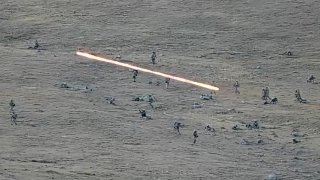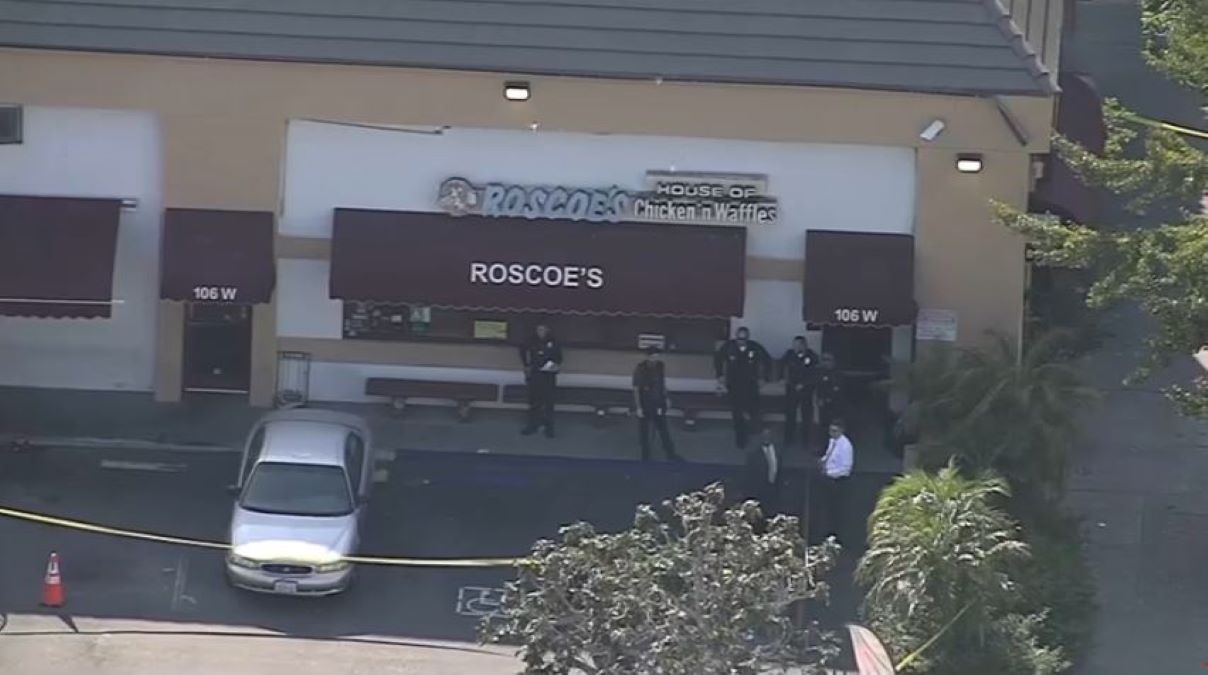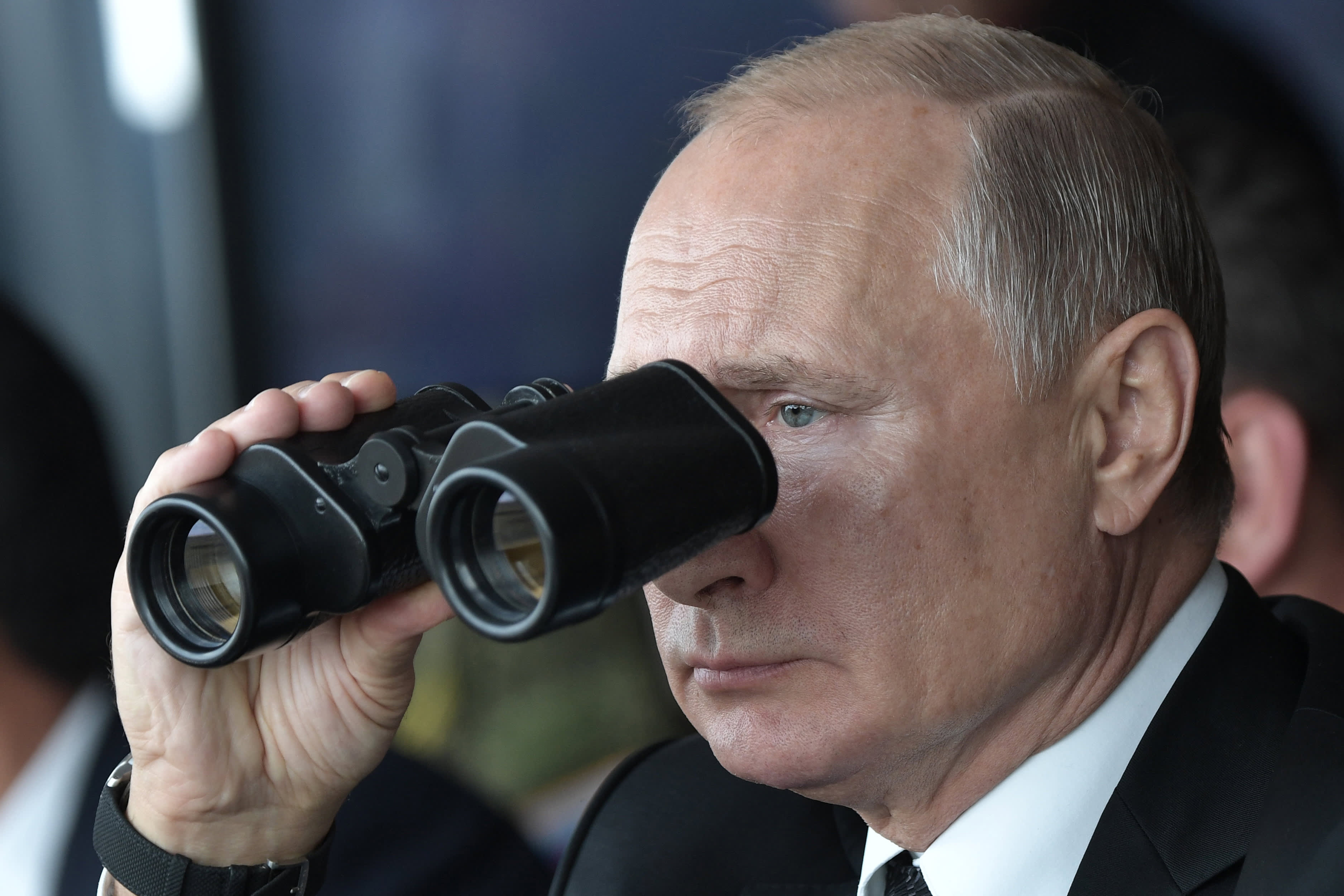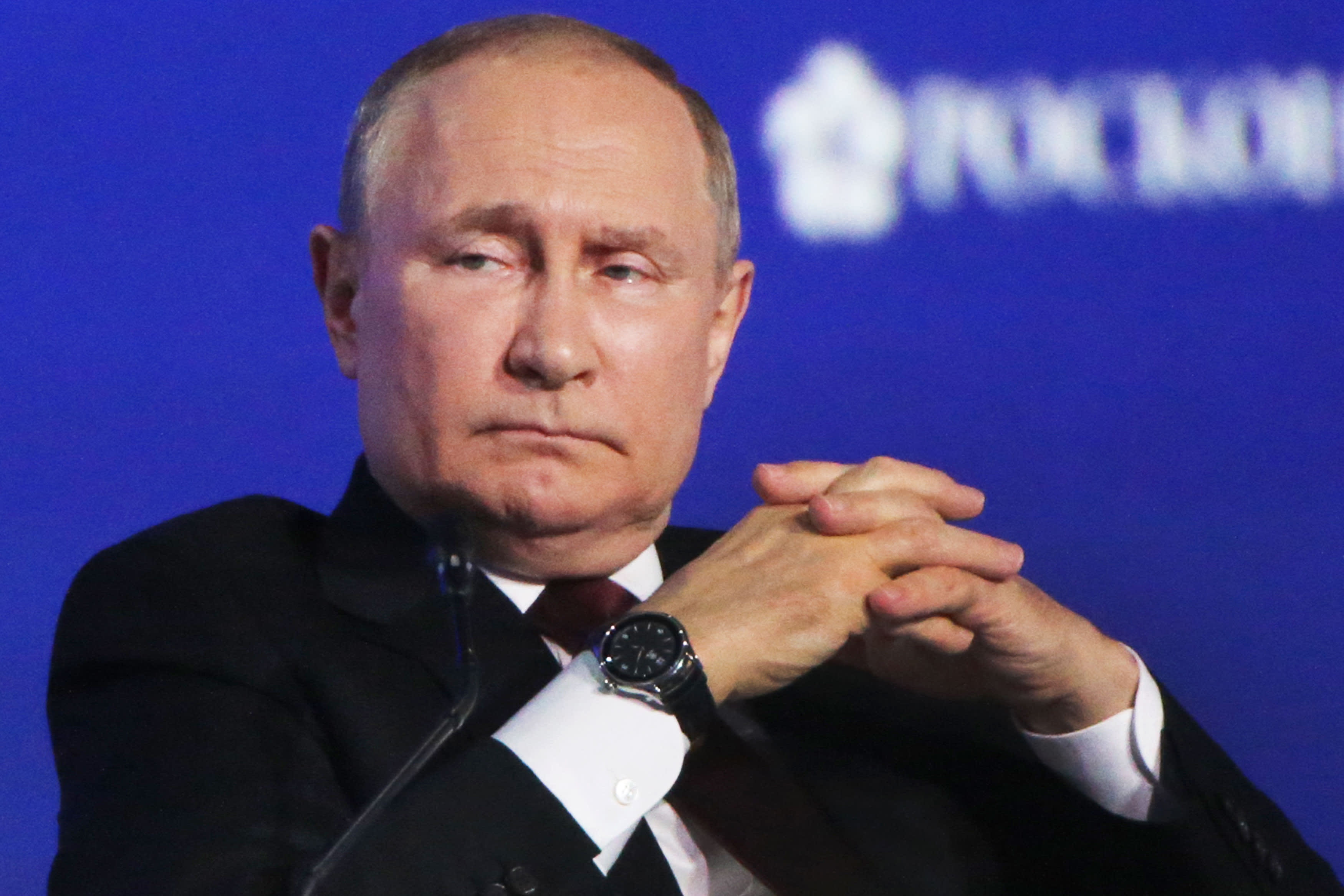
Fighting on the border between Armenia and Azerbaijan has killed about 100 troops as attacks on both sides Tuesday fed fears of broader hostilities breaking out between the longtime adversaries.
Armenia said at least 49 of its soldiers were killed; Azerbaijan said it lost 50.
The hostilities erupted minutes after midnight, with Azerbaijani forces unleashing an artillery barrage and drone attacks in many sections of Armenian territory, according to the Armenian Defense Ministry.
The ministry said fighting continued during the day despite Russia's attempt to broker a quick cease-fire. It noted that the shelling grew less intense but said Azerbaijani troops still were trying to advance into Armenian territory.
Get Tri-state area news and weather forecasts to your inbox. Sign up for NBC New York newsletters.
The ministry added that the Azerbaijani shelling damaged civilian infrastructure and also wounded an unspecified number of people.
Azerbaijan charged that its forces returned fire in response to “large-scale provocations” by the Armenian military, claiming that the Armenian troops planted mines and repeatedly fired on Azerbaijani military positions, resulting in unspecified casualties and damage to military infrastructure.
Also in the News
Why are Armenia and Azerbaijan fighting?
Azerbaijan and Armenia have been locked in a decades-old conflict over Nagorno-Karabakh, which is part of Azerbaijan but has been under the control of ethnic Armenian forces backed by Armenia since a separatist war there ended in 1994.
Azerbaijan reclaimed broad swaths of Nagorno-Karabakh in a six-week war in 2020 that killed more than 6,600 people and ended with a Russia-brokered peace deal. Moscow, which deployed about 2,000 troops to the region to serve as peacekeepers under the deal, has sought to maintain friendly ties with both ex-Soviet nations.
The Russian Foreign Ministry urged both parties “to refrain from further escalation and show restraint.” Moscow has engaged in a delicate balancing act, maintaining strong economic and security ties with Armenia, which hosts a Russian military base, while also developing close cooperation with oil-rich Azerbaijan.
As the fighting raged overnight Tuesday, Armenian Prime Minister Nikol Pashinyan quickly called Russian President Vladimir Putin and later also had calls with French President Emmanuel Macron, European Council President Charles Michel, Iranian President Ebrahim Raisi and U.S. Secretary of State Antony Blinken to discuss the hostilities.
Blinken also spoke with Azerbaijan's president, Ilham Aliyev. Russian Foreign Minister Sergey Lavrov spoke by phone with his Azerbaijani counterpart, Jeyhun Bayramov, Azerbaijan’s Foreign Ministry said.
Speaking in parliament early Tuesday, Pashinyan rejected the Azerbaijani claim that it was responding to Armenian provocations. He said his recent European Union-brokered talks with Aliyev in Brussels had revealed what he described as Azerbaijan’s uncompromising stand.
Russia's Retreat
On Facebook, Aliyev expressed condolences “to the families and relatives of our servicemen who died on September 13 while preventing large-scale provocations committed by the Armenian armed forces in the direction of the Kalbajar, Lachin, Dashkasan and Zangilan regions of Azerbaijan.”
Aliyev held a meeting with military officials to discuss the situation. “It was noted that the responsibility for the current tension rests squarely with the political leadership of Armenia,” his office said.
Turkey, an ally of Azerbaijan, also placed the blame for the violence on Armenia. Turkish Foreign Minister Mevlut Cavusoglu called for Yerevan to halt its “provocations,” and Defense Minister Hulusi Akar condemned “Armenia’s aggressive attitude and provocative actions.”
Vladimir Isachenkov in Moscow contributed to this report.





